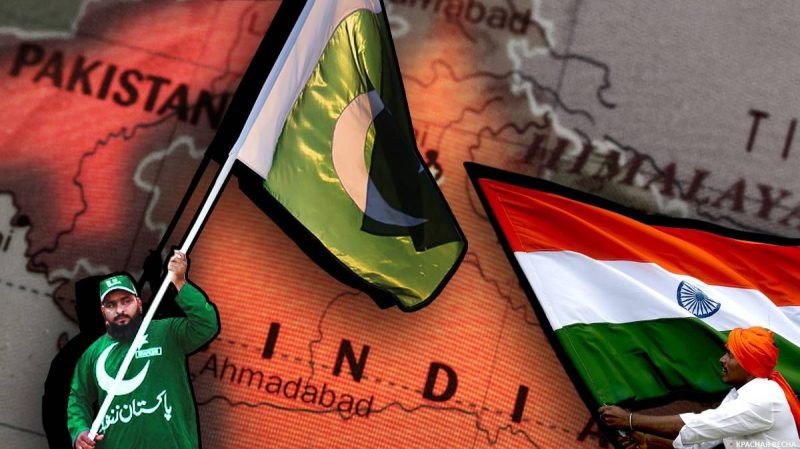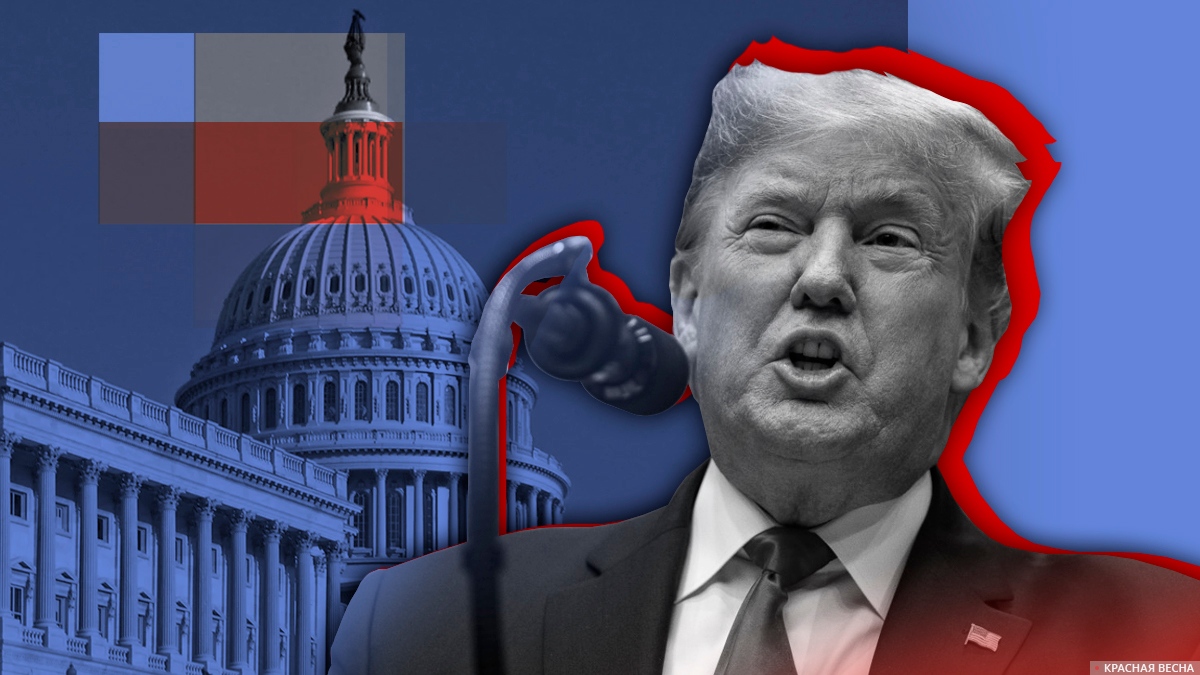01.03.2019, Moscow.
The Indian authorities’ failure to prevent disorders at the local elections in the state of Jammu and Kashmir last October instigated the extremists to a serious provocation, which further escalated the conflict between India and Pakistan, the former Director of the Russian Foreign Intelligence Service (Russian: SVR) and former Russia’s Ambassador Extraordinary and Plenipotentiary to India, General of the Army Vyacheslav Trubnikov said in an interview to a correspondent of the Rossa Primavera News Agency on February 28.
“This escalation is backed by terrorist forces that are on the rise in Kashmir, and the recent elections demonstrated that the Indian administration was lacking confidence regarding how to manage the complicated situation in the border state,” Trubnikov said, answering a question about the background of the current escalation of the conflict between India and Pakistan.
“Central authorities’ opponents did not allow citizens to the voting stations, throwing stones at them. As a result, the outcome of the elections was extremely unfavorable for the Indian government,” encouraging the pro-Islamic forces and instigating “a violent provocative action by a party of militants two weeks ago, which killed 40 Indian military servicemen.”
The former SVR Director believes that the Indian government could not leave this incident without a response, because the country will have general elections in May, so the opposition represented by the Indian National Congress party would be able to take advantage of any lack of action by the authorities.
He stressed that India’s reaction was quite moderate, and the bombing of a terrorist camp in the Pakistani part of Kashmir was arranged in a way to avoid “too violent of a reaction” from Islamabad.
However, according to the expert, the Pakistani government could not avoid reacting to India’s move. “Had the Indians not intruded again into what the Pakistanis believe to be their airspace, then Islamabad’s reaction would have been milder,” the expert believes.
The General of the Army also added that the escalation of the conflict between India and Pakistan put the great powers on alert, because they are worried by a possible escalation of the local conflict into a war between two nuclear states, which would have irreparable consequences for South Asia and encourage countries seeking to possess nuclear weapons.
Commenting on the possibility of this scenario, Trubnikov noted that “it was Trump who undermined the nuclear non-proliferation principle when he withdrew from the INF treaty.”
In addition to his assessment of the current situation, Trubnikov expressed his opinion about the nature of the current Pakistani authorities. He believes that “a hidden, very ugly and very dangerous confrontation between the military and the democratic leaders is still taking place” inside Pakistan. A key role in this confrontation belongs to the Pakistani Inter-Services Intelligence, which manipulates the current Prime Minister Imran Khan, a professional athlete who has always been apolitical.
At the same time, the expert expressed confidence that the Indian and the Pakistani leadership should be able to find a sound approach to the situation in order to avoid the escalation of the Kashmir clash into a full-scale military conflict.
The confrontation for sovereignty over Kashmir began in 1947, when British India was divided into predominantly the Muslim Pakistan and Hindu India. Both countries attempted to resolve the issue by force, but they were stopped by the UN. A ceasefire was established, and a demarcation line was drawn. However, the regional peace is regularly disturbed by border conflicts and cross-border terrorist attacks.
On February 14, a suicide bomber in a car loaded with explosives attacked an Indian military convoy in the Pulwama District in the state of Jammu and Kashmir, killing 40 Indian military policemen.
On February 26, the Indian air force attacked a terrorist camp in the Pakistani part of Kashmir, stating that the attack was a response to the terrorist attack of February 14.
The next day, Pakistani fighter jets crossed the demarcation line and attacked Indian army facilities in the state of Jammu and Kashmir. The Spokesman of the Pakistani army Major General Asif Ghafoor reported shooting down two Indian airplanes in his country’s airspace.
Source: Rossa Primavera News Agency




